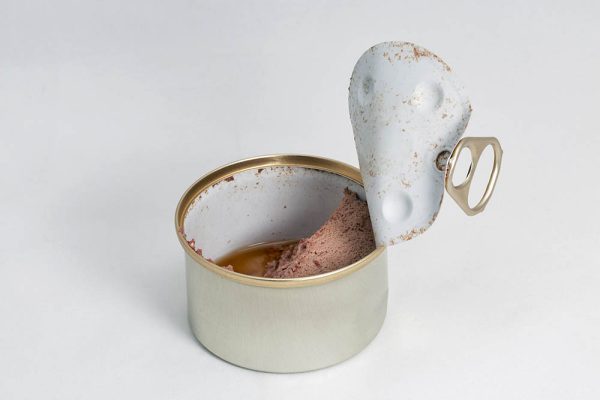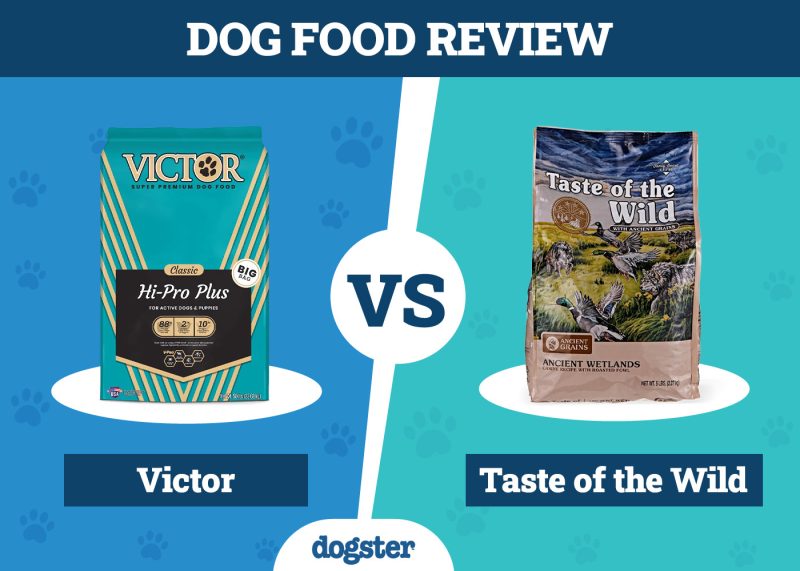We have to be very careful as pet owners when it comes to our spice cabinets. Some are perfectly harmless to pets while others can cause reactions, or even toxicity. Cinnamon is a very common household spice. It’s good in a variety of food dishes, and has its own major health benefits for humans as well.
But is it toxic to our canine friends? We are happy to say that, according to the ASPCA, cinnamon is non-toxic to dogs.1 However, quantity matters! Too much of anything is a bad thing, and cinnamon is no exception. Let’s dig in a little more and explore cinnamon for dogs.

What Is Cinnamon?
Cinnamon is an incredibly popular spice that fills many cabinets across the globe. It is used classically in cooking, baking, and aromatics—plus, it has a bounty of health benefits. Luckily, it’s pretty safe to have around the house for the majority of pets and people.
Cinnamon for Dogs
So can dogs eat cinnamon? Cinnamon is perfectly safe for dogs and can even be nutritionally beneficial if given to dogs in the correct quantities. However, too much can cause some major gastrointestinal upset—and can even affect their liver.
So, if your pup has broken into your spice cabinet and gobbled down a lot of cinnamon powder or they gnawed up some cinnamon sticks, you might have an issue. Also be aware that cinnamon essential oil can be extremely toxic when consumed, inhaled, or touched.


Risks of Cinnamon for Dogs
So when is cinnamon bad for dogs? Even though it is non-toxic, that doesn’t mean it’s necessarily good for them to have it unsupervised. If your dog has chewed up a cinnamon stick or lapped up some cinnamon powder, it can cause some real issues.
Lung Irritation
Inhaling cinnamon can be really harmful for your dog’s lungs. Any strong powder substance such as this can lead to wheezing, coughing, and other lung irritation. It can also dry out and irritate the nasal passages.
Sensitivities and Allergies
All dogs are different. Some of them can be extremely sensitive to things like cinnamon. Not only can it cause irritation of the inner lining of the nose and lungs, but it can cause an allergic reaction.
If your dog is experiencing an allergic reaction, some of the signs might include:
- Wheezing
- Skin irritation
- Vomiting
- Diarrhea
If your dog is experiencing any of these symptoms, get them to a vet right away.
Digestive Upset and Other Issues
As briefly mentioned before, eating lots of cinnamon can lead to digestive upset, including vomiting and diarrhea. This should be mild and go away within a few days, but see a vet if it doesn’t. Toxic effects of cinnamon can be seen in a medium-sized dog that ingests one teaspoon of cinnamon powder; smaller dogs can suffer from way less. This is a ballpark figure, as different plants also have different levels of the toxic compound, coumarin. For example, Ceylon cinnamon (Cinnamomum verum) is lower in coumarin, a compound that can be toxic to the liver, while Cassia cinnamon (Cinnamomum cassia), the most common type, contains much higher levels.
The high concentration of cinnamaldehyde in cinnamon oil can be toxic to dogs, even in small amounts. Cinnamaldehyde can cause a variety of health issues in dogs, including liver damage, low blood sugar, vomiting, diarrhea, and skin or oral irritation.


When to Call a Vet
If you know your dog has eaten a substantial amount of cinnamon, don’t hesitate to call a vet. It could require veterinary attention. At the very least, it might cause nausea, diarrhea, or vomiting, which can be challenging to deal with, too. It’s always best to seek out advice from a professional.
If you notice any adverse side effects whatsoever when your dog ingests cinnamon, it’s best to contact a vet. Even though cinnamon is generally non-toxic in small amounts, it can still cause general upset and even allergic reactions in dogs.
If you need urgent veterinary advice, consult a vet online.
Did you know you can speak to a veterinarian without having to travel? Just head over to PangoVet. It's our online service where you can talk to a vet online and get the advice you need for your pet — all at an affordable price!


So, Can Dogs Eat Cinnamon?
Yes, generally speaking, dogs can have cinnamon as it is non-toxic in small amounts, such as those used for culinary purposes, but that doesn’t mean that no risks are involved. Some dogs can be sensitive to it, and it shouldn’t be eaten in large quantities or inhaled. Always ask a vet before administering supplemental foods to your dog’s diet.
Cinnamon is a wonderful spice to have on hand and has so many uses. So, you can have this spice in your home guilt-free—it won’t hurt your pups in moderation!
Featured Image Credit: Light Stock, Shutterstock



















